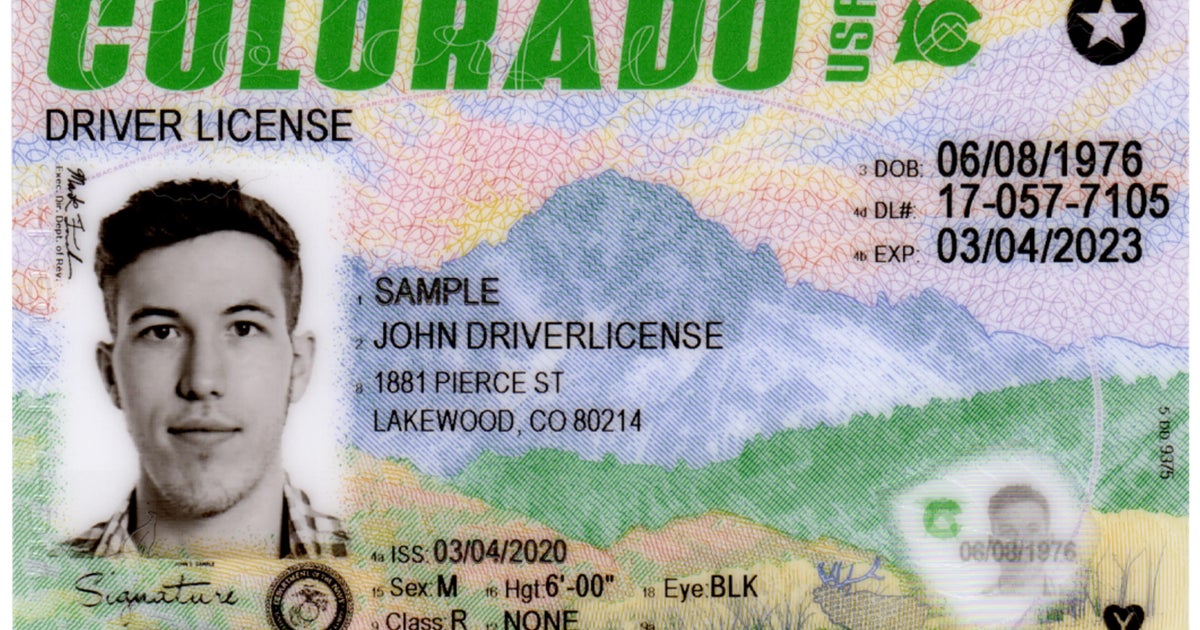The “age verification” and the “human identification” problem are the same problem. It upsets me to be around people who think they’re working on the first, but don’t understand they’re actually working on the second.
Discussion
@matthew_d_green alt text: Pam from the office saying "they're the same picture," referencing the popular meme.
To be really clear: it’s pretty obvious that the central (Internet communication) problem of our time is going to be determining whether the stranger you’re talking to (or delivering ads to) is a person or a bot. And every existing tech we have for doing this will fail.
So how do we do this? Presumably by tightly binding physical identity to your device and then proving possession (with some other bells and whistles). Not coincidentally that’s exactly what age verification is. Weird how corporate and gov’t priorities suddenly align, right?
Most of that tech stuff is already well under way. Several states already let you bind your driver’s license to your phone, for purposes that are (at present) entirely unconvincing. The interesting “hard” problems are all around privacy and fraud-resistance.
@matthew_d_green Colorado actually has pretty stringent laws about accepting "Digital ID" in lieu of physical ID requirements, but despite that police and e.g. alcohol vendors always require physical ID (which is a little silly when you can scan a barcode off either one)
https://www.cbsnews.com/colorado/news/drivers-physical-drivers-license-colorado/
@matthew_d_green side note: that crab design goes hard
Google recently released a toolkit to enable anonymous credentials and web authentication using zero-knowledge. This will likely be in Android and hopefully Apple will adopt it, which is a good thing! I’m not complaining! This will enable people to prove age privately. https://blog.google/technology/safety-security/opening-up-zero-knowledge-proof-technology-to-promote-privacy-in-age-assurance/
@matthew_d_green no one will go for it. That is not why they are pushing the age verification thing, it is to collect data on people.
But some of the people working on this tech seem to think that age verification is what this tech is for. I ask a question like “how will you handle [some type of fraud]” and they say “oh that problem doesn’t matter for verifying ages.” And it shocks me.
You’re building the architecture for how humans will interact online for the next several decades, and you don’t understand what task you’re engaged in, and you’re not thinking hard about how to do this privately? You actually think it’s about keeping 15 year olds from seeing salacious TikToks?
This is the world we’re moving into. It’s one where every online interaction of any small commercial value will be tied to a precise human identity, and that’s the only thing that will make the Internet even remotely usable in the future. Questions of privacy and accountability in that world matter.
We already leak a lot of this data, but critically *relatively little of it has been centralized and exploited* in the ways end-users are afraid of (they pretend to care about ads, but they don’t.) If we’re moving into this new world we need to think hard about tech and policy.
@matthew_d_green This is an interesting perspective on age verification that I haven’t heard before. In spite of the political issues around age verification I can’t say it’s wrong.
@matthew_d_green Have you given consideration to the framework for thinking about these kinds of problems that @VaroufakisDE writes about in his book #technofeudalism?
I feel like the problem here isn’t that people aren’t giving enough thought to what we are building, but rather that people *have* thought about it, decided that’s the future they want to build, and they’re busy consolidating its defenses while it’s still marginally vulnerable to any subversion at all.
And right now I’m seeing very little deep thought about this stuff. We’re putting more tech and legislative and policy energy into stablecoins and TikTok than we are into how the entire Internet will work over the next 50 years. That should change!
bonfire.cafe
A space for Bonfire maintainers and contributors to communicate



